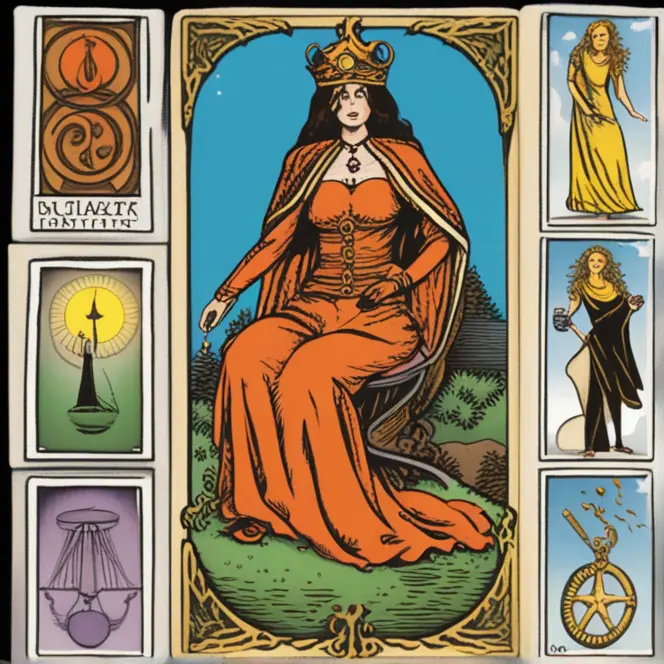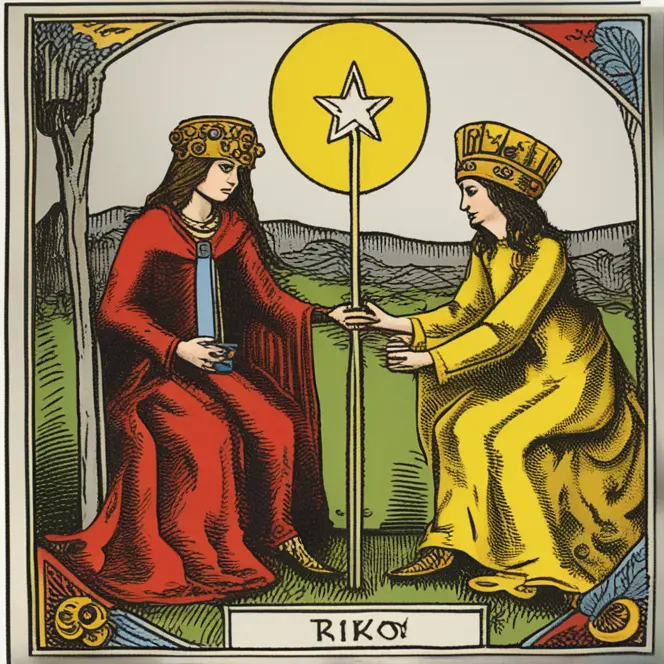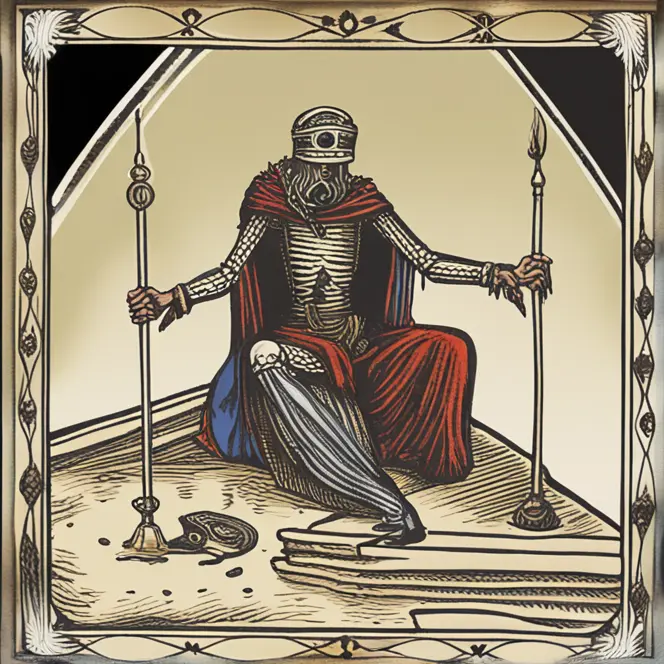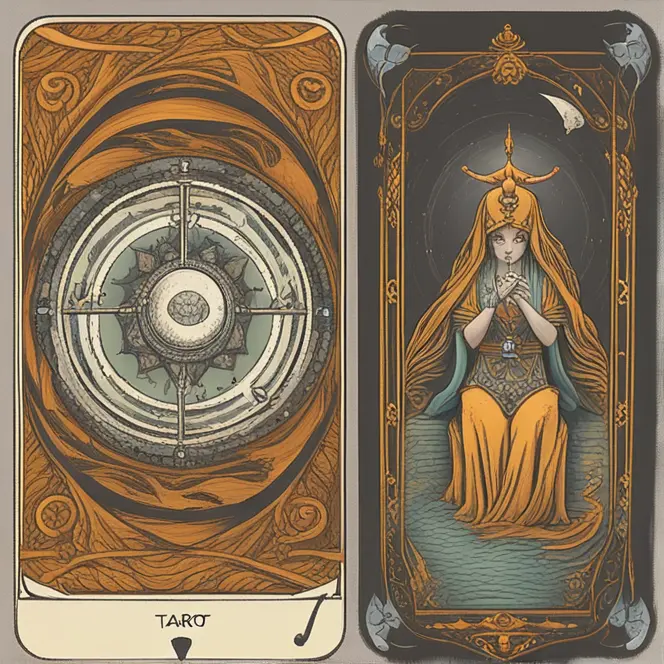
Tarot cards have long enthralled individuals seeking insight into their lives. People turn to tarot readings for guidance on their personal journey, often finding comfort in the belief that these cards can reveal aspects of their future or shed light on hidden facets of their existence. While the practice of tarot is steeped in mystique and allure, it carries a certain charm that draws people into its narrative-driven forecasts.

When delving into the psychological implications of tarot readings, one must consider the power of suggestion. The interpretations and revelations during a reading can profoundly impact an individual's psyche. If not approached with a critical mind, one might attribute too much significance to the cards, which could lead to an overreliance on them instead of making practical life decisions. It's essential to maintain a balanced perspective, understanding that tarot provides symbolic pathways rather than concrete answers.

Another potential risk is the development of emotional dependencies. Regular tarot consultations may create a situation where individuals are unable—or unwilling—to make decisions without first consulting the cards. This reliance can foster a state of indecision and anxiety, eroding confidence in one's intuitive judgment. Tarot should ideally function as a tool for reflection, not a crutch dictating every life choice.

The accuracy of a tarot reading largely depends on the interpretation of the reader. Misinterpretations can lead to confusion, disappointment, or even fear, especially if the cards are believed to forecast negative events. This highlights the importance of seeking experienced readers who can provide responsible and ethical guidance, helping clients understand the allegorical nature of the cards' messages.

Within different cultures, tarot cards can be seen as taboo or negatively associated with the occult. Engaging in readings might conflict with certain belief systems or cause distress if perceived as meddling with forces beyond one's control. It's crucial to respect and be aware of diverse cultural perspectives on tarot to ensure that the practice remains a personal and respectful experience.
To mitigate the risks associated with tarot card readings, seekers should approach them with an open yet discerning mind. It's advisable to view tarot as a form of entertainment or a means to provoke thought, rather than a definitive guide to life's choices. Additionally, setting healthy boundaries and seeking readings from reputable sources can safeguard against potential psychological harm.
Ultimately, tarot cards are not inherently dangerous, but the way they are perceived and used can potentially be so. Individuals should engage with tarot readings responsibly, retaining control over their life decisions and recognizing the power within themselves to shape their destiny, with the tarot simply serving as a reflective tool on their journey.
Published: 12/6/2023
Modified: 12/6/2023
More predictions
Come back here soon to learn more about yourself and your future


Tarotscope: Deciphering Relationships through Cards
In the world of metaphysical tools, the tarotscope stands as a unique bridge between tarot card divination and astrological insights, offering a profound perspective on human connections. This article delves into the intricate role of the tarotscope in understanding and navigating the complexities of relationships. By interpreting the symbolic language of tarot cards through the lens of astrology, individuals gain a deeper understanding of their romantic partnerships, friendships, and familial bonds.


The Fallibility Of Tarot: Can Cards Mislead?
Explore the truth behind tarot readings and whether these mystical cards can ever be wrong in this insightful article.